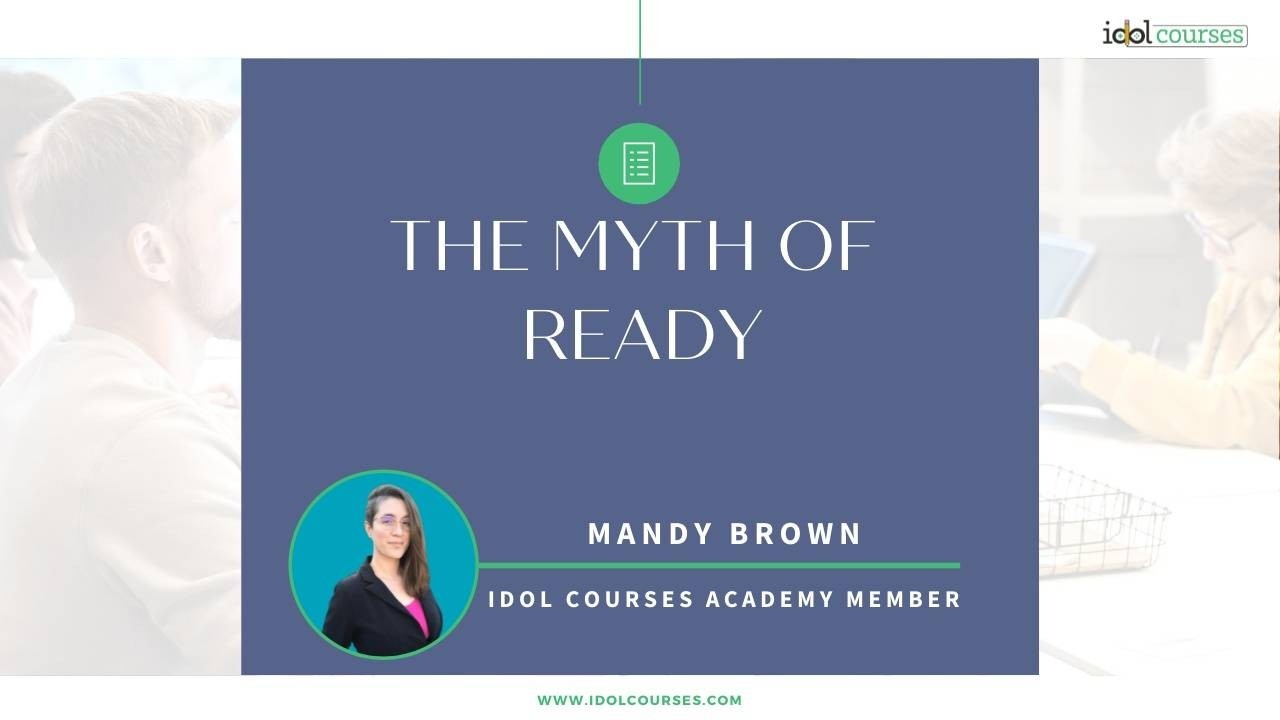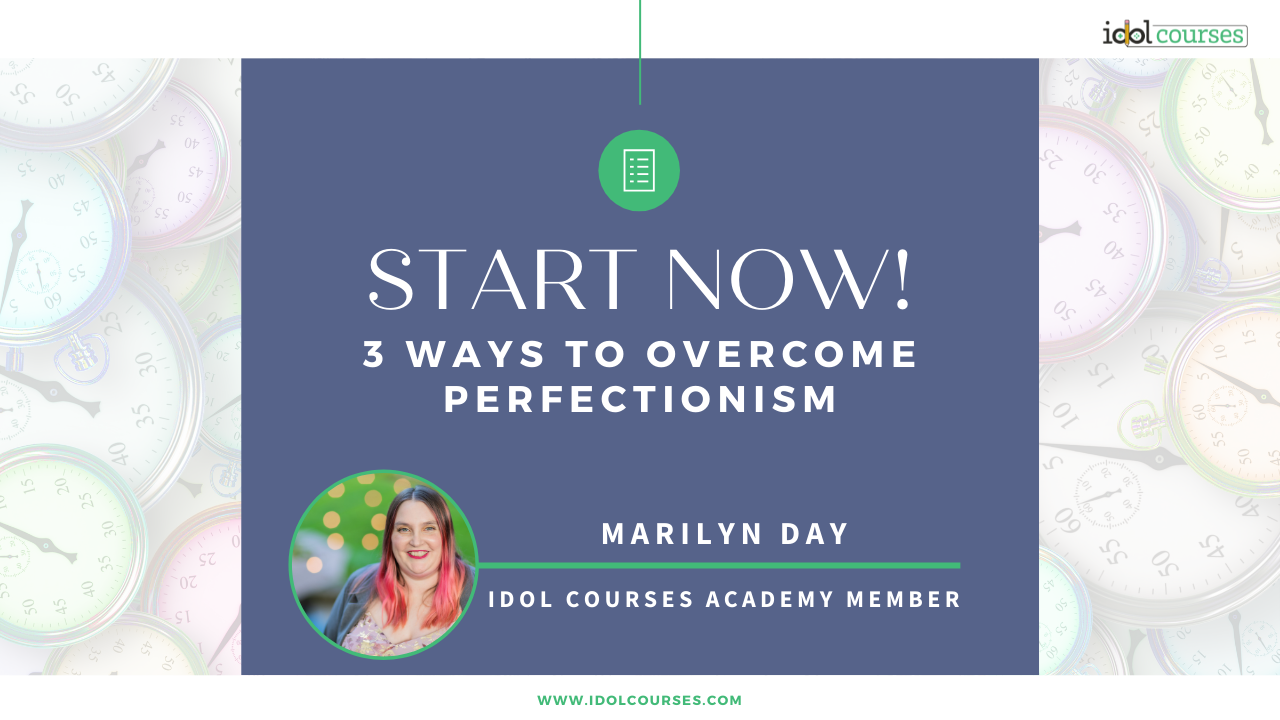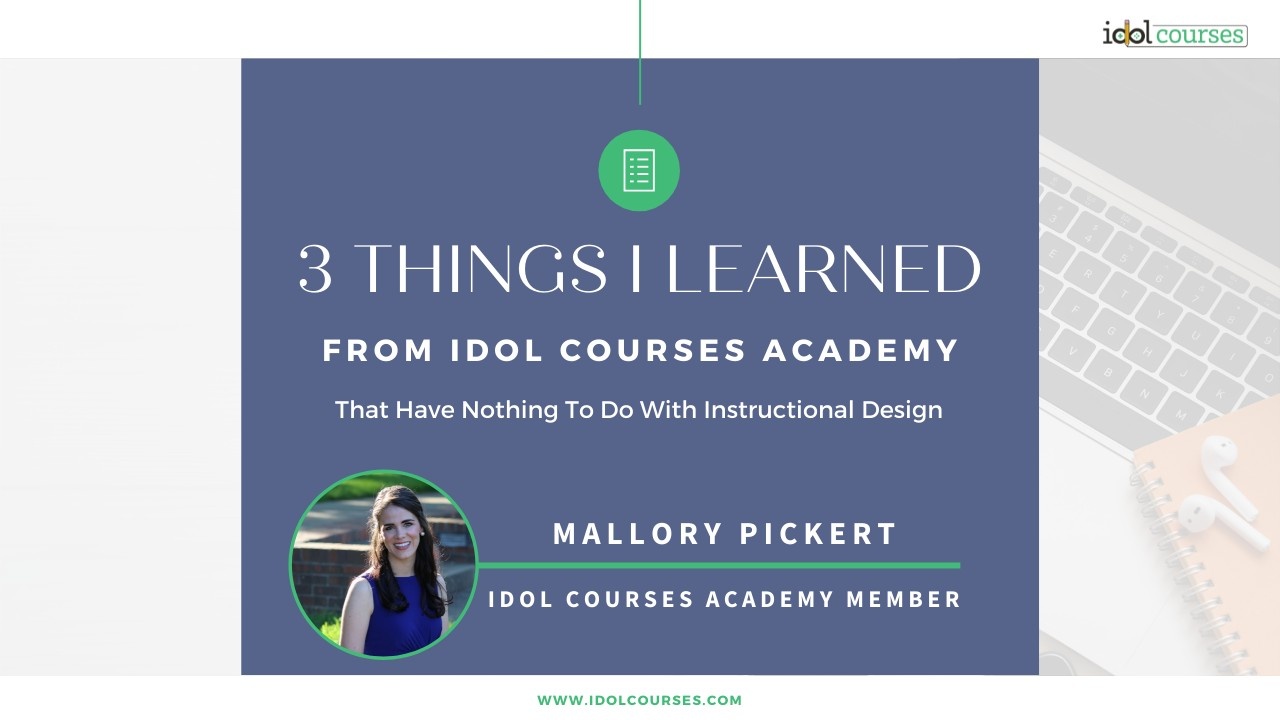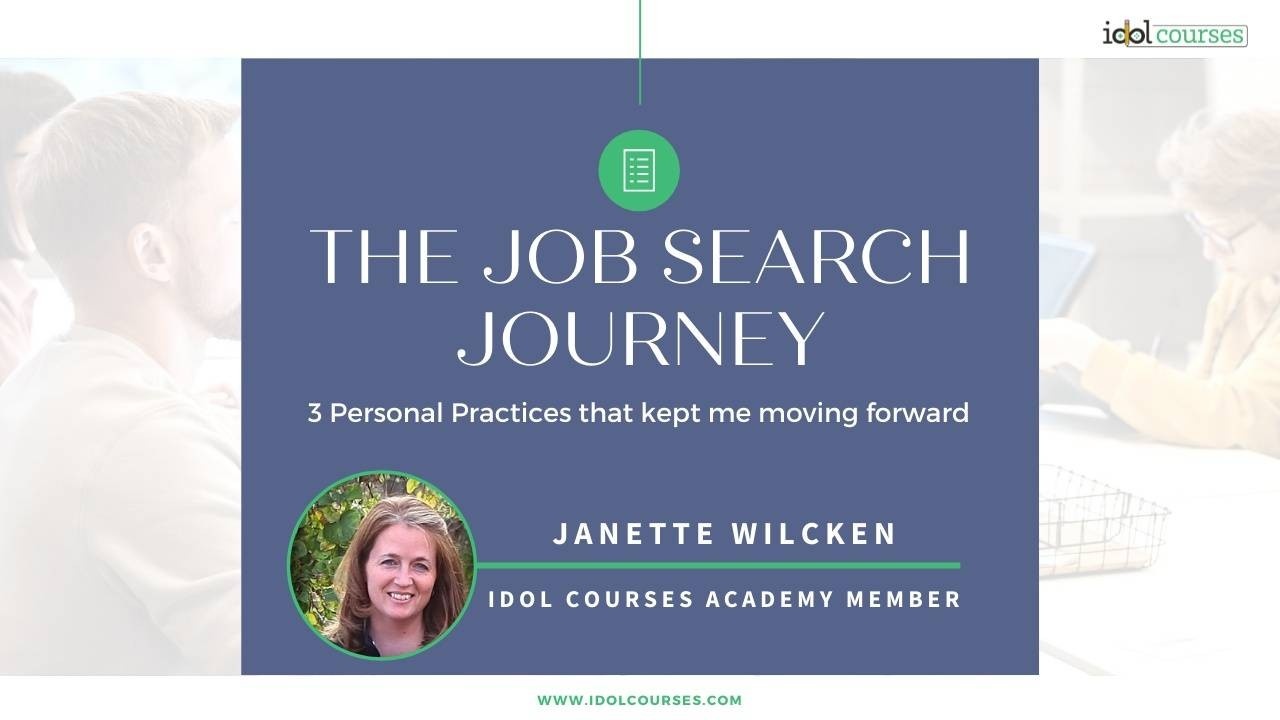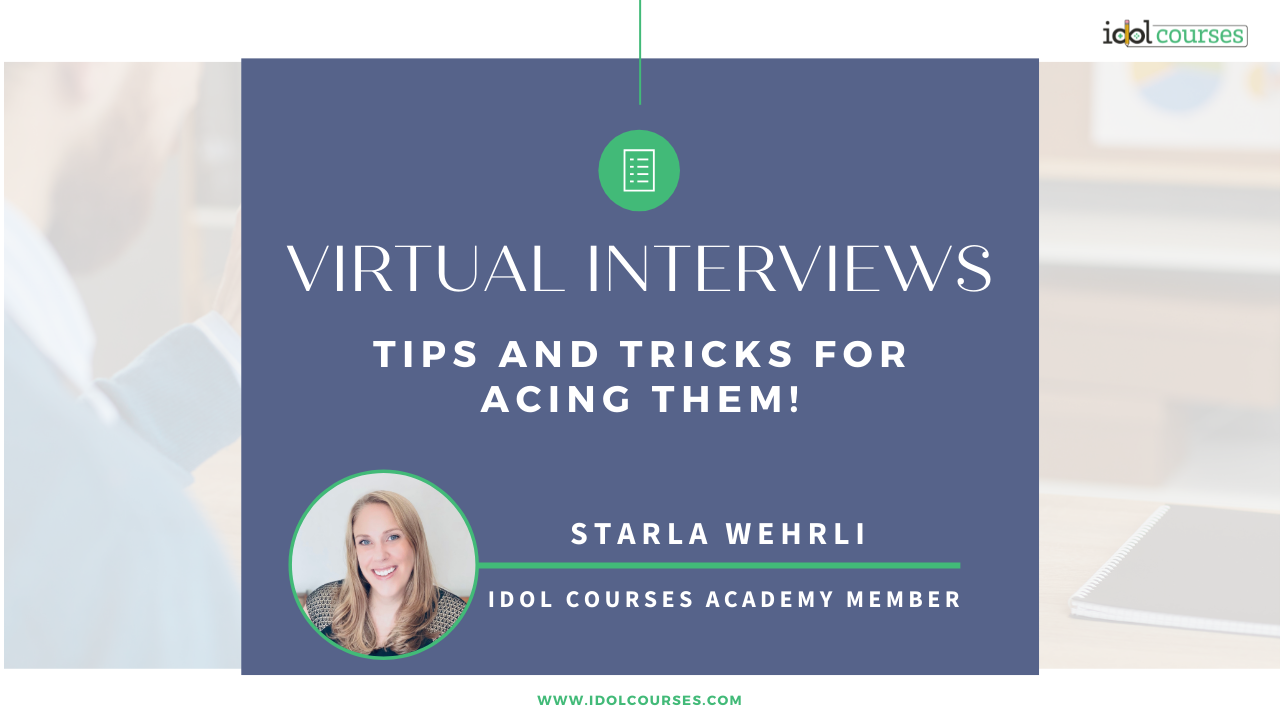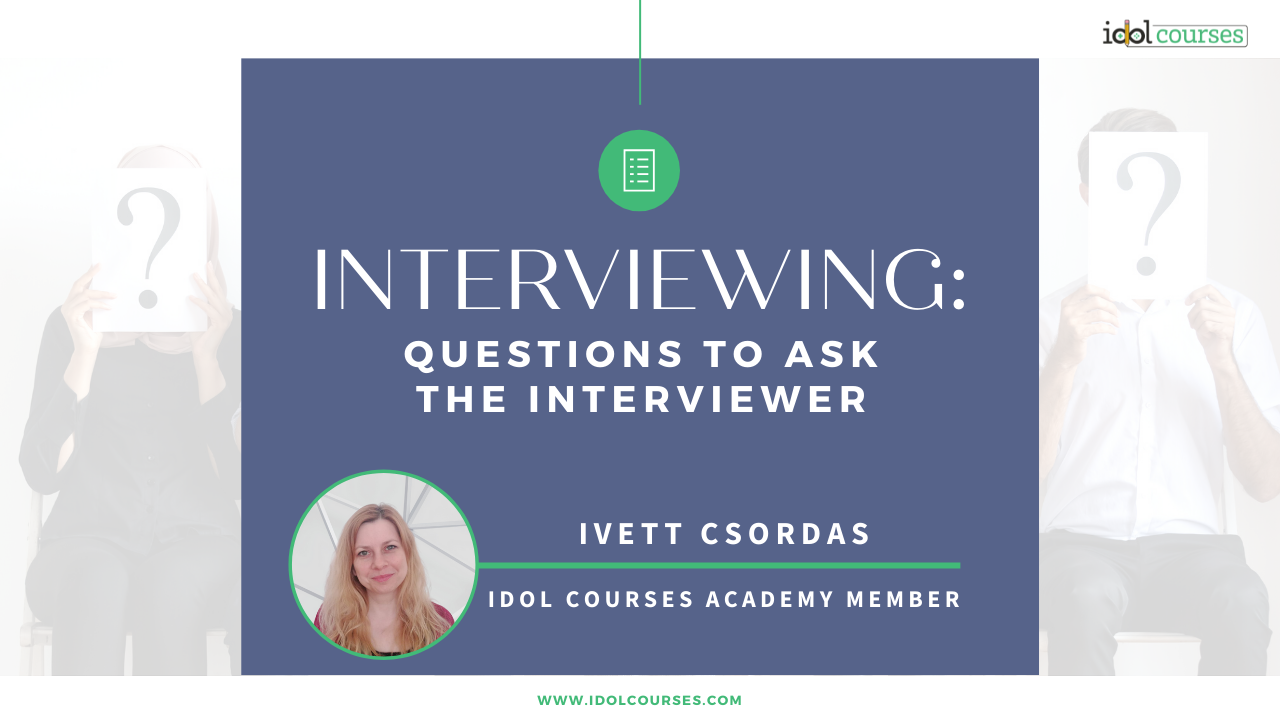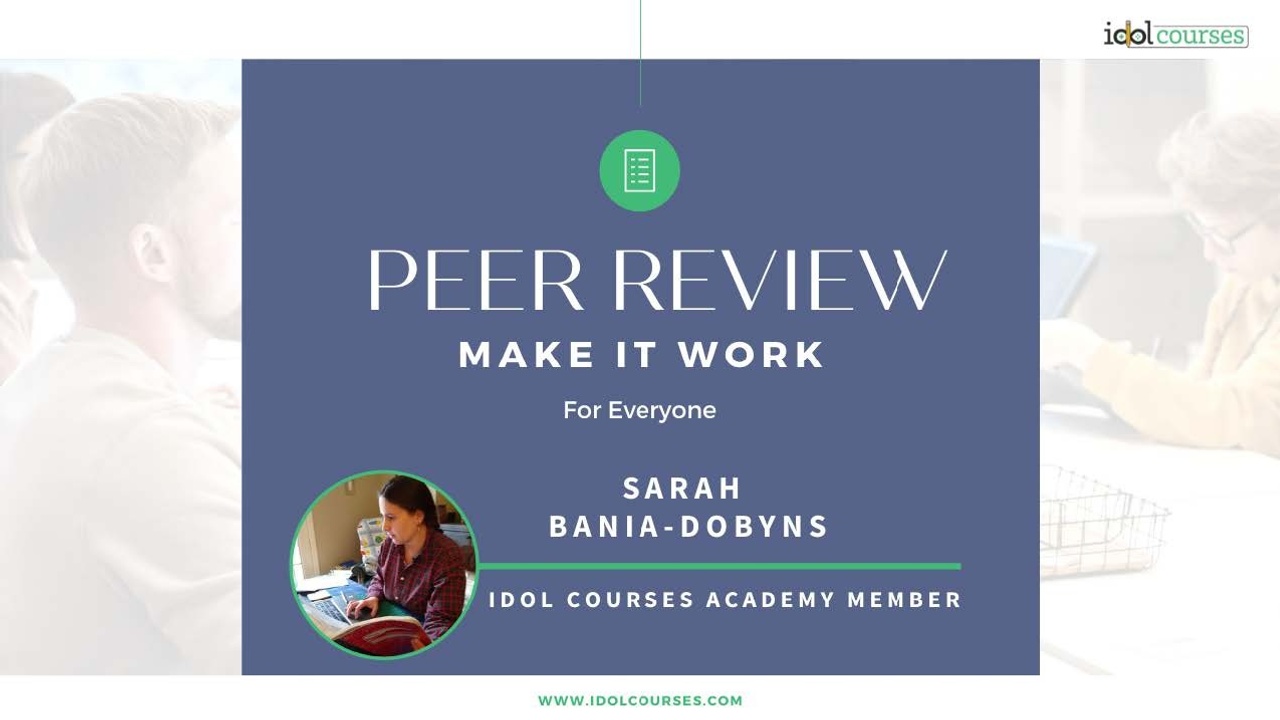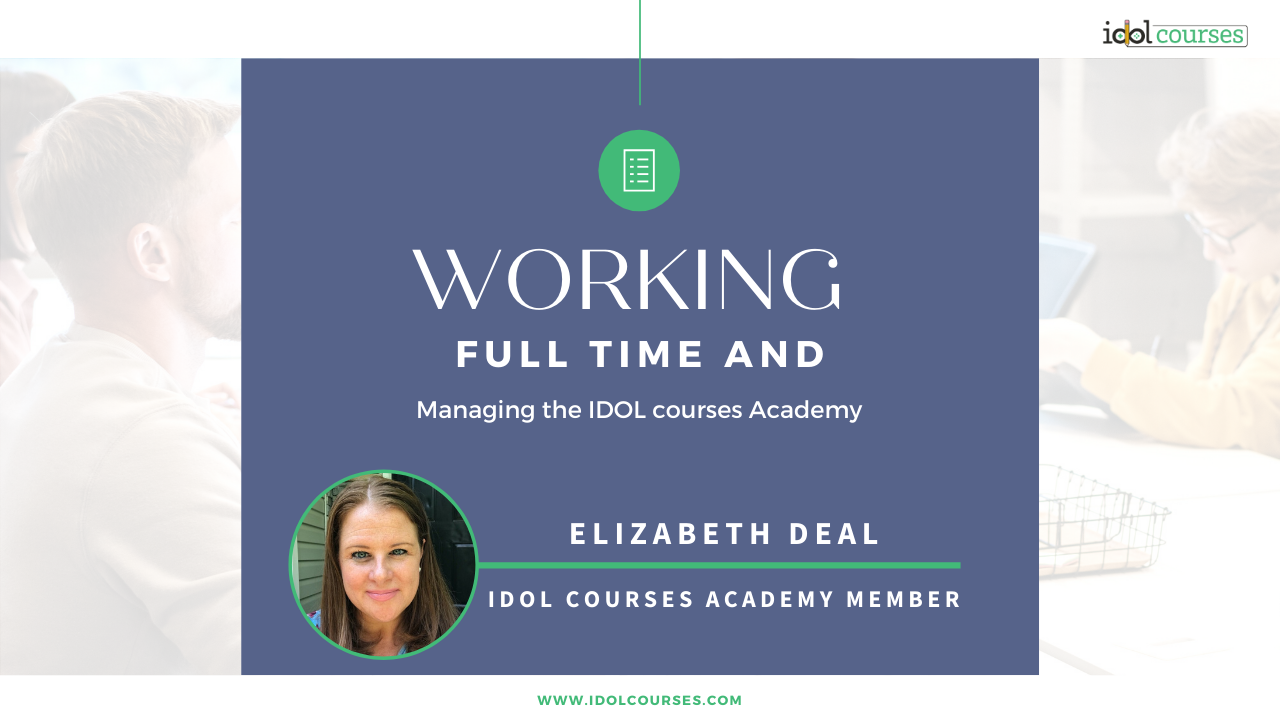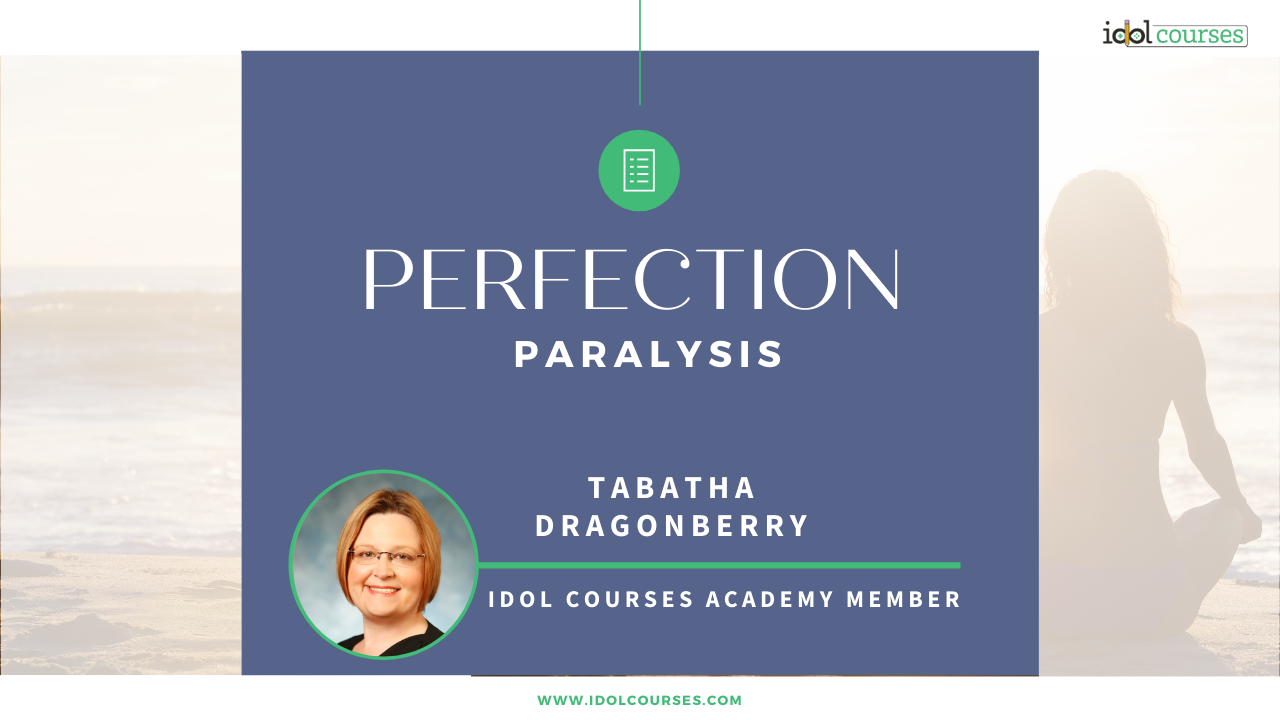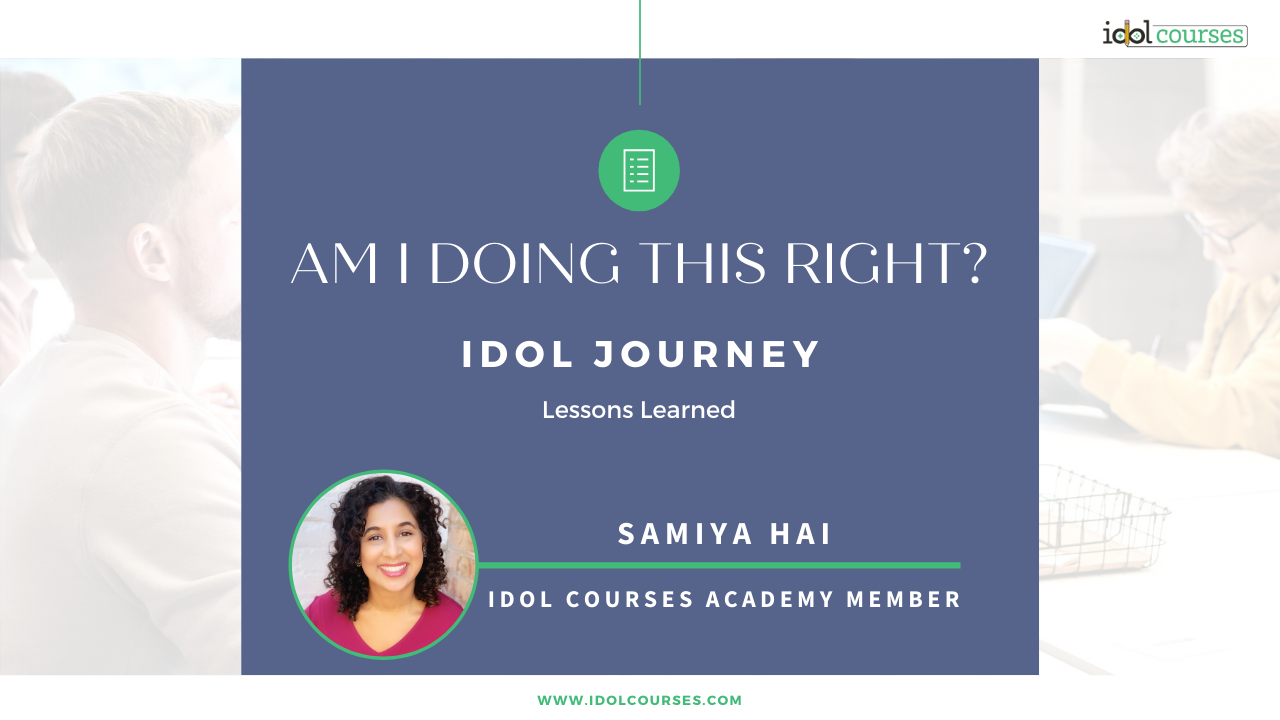
Elevate your instructional design expertise.
Stay ahead with industry news and discover valuable tips and tricks on the IDOL Blog.
The Myth of Ready
Jul 25, 2022
Start now! 3 Ways to Overcome Perfectionism
May 06, 2022
The Job Search Journey
Nov 18, 2021
Virtual Interviews: Tips and Tricks for Acing Them
Nov 05, 2021
Interviewing: Questions to Ask the Interviewer
Oct 21, 2021
Peer Review: Make It Work For Everyone
Jun 06, 2021
Perfection Paralysis
Apr 02, 2021
How to Use Any Technology
Mar 05, 2021
Am I Doing This Right?: IDOL Lessons Learned
Feb 19, 2021
Interested in joining the IDOL community?
Join our newsletter below, where we keep you updated on our upcoming cohorts, events and news within the instructional design industry.

